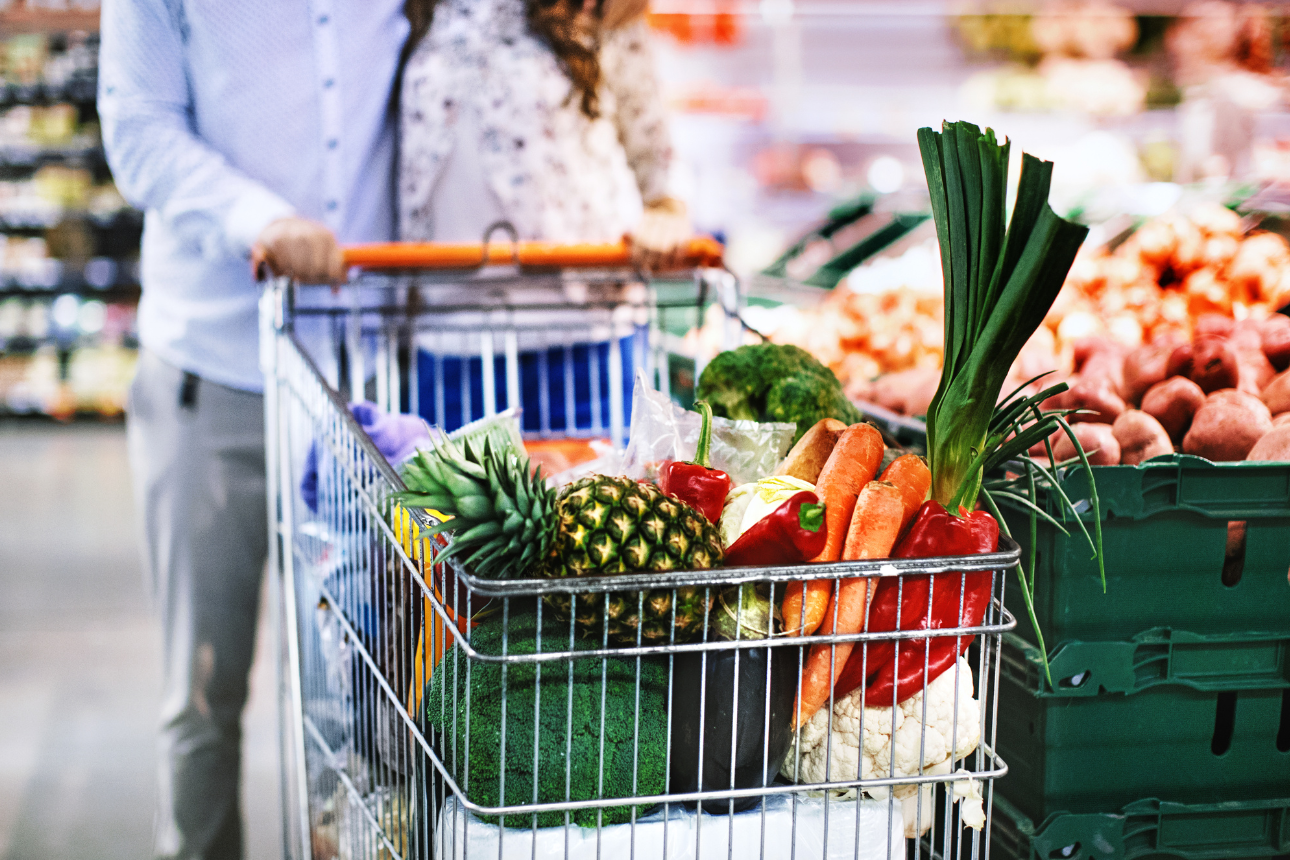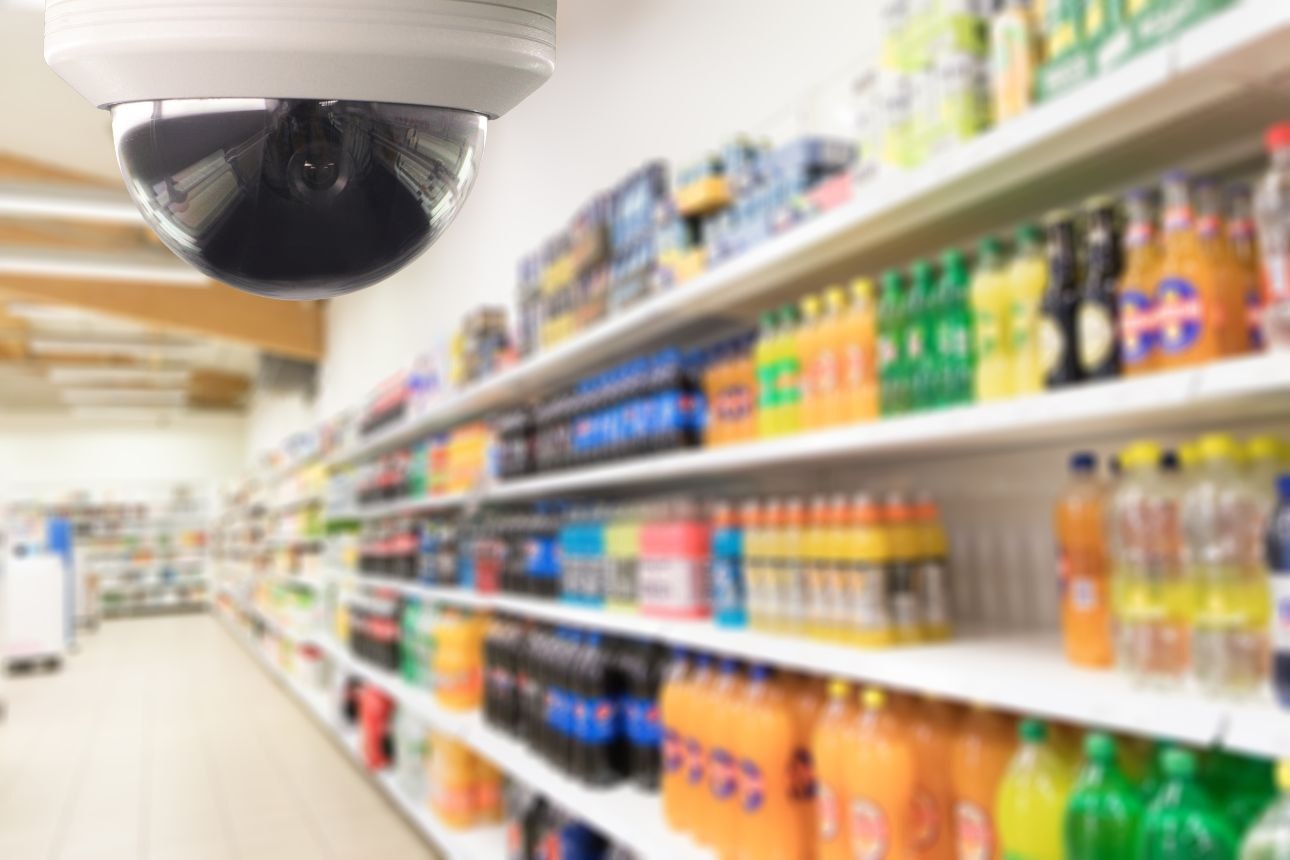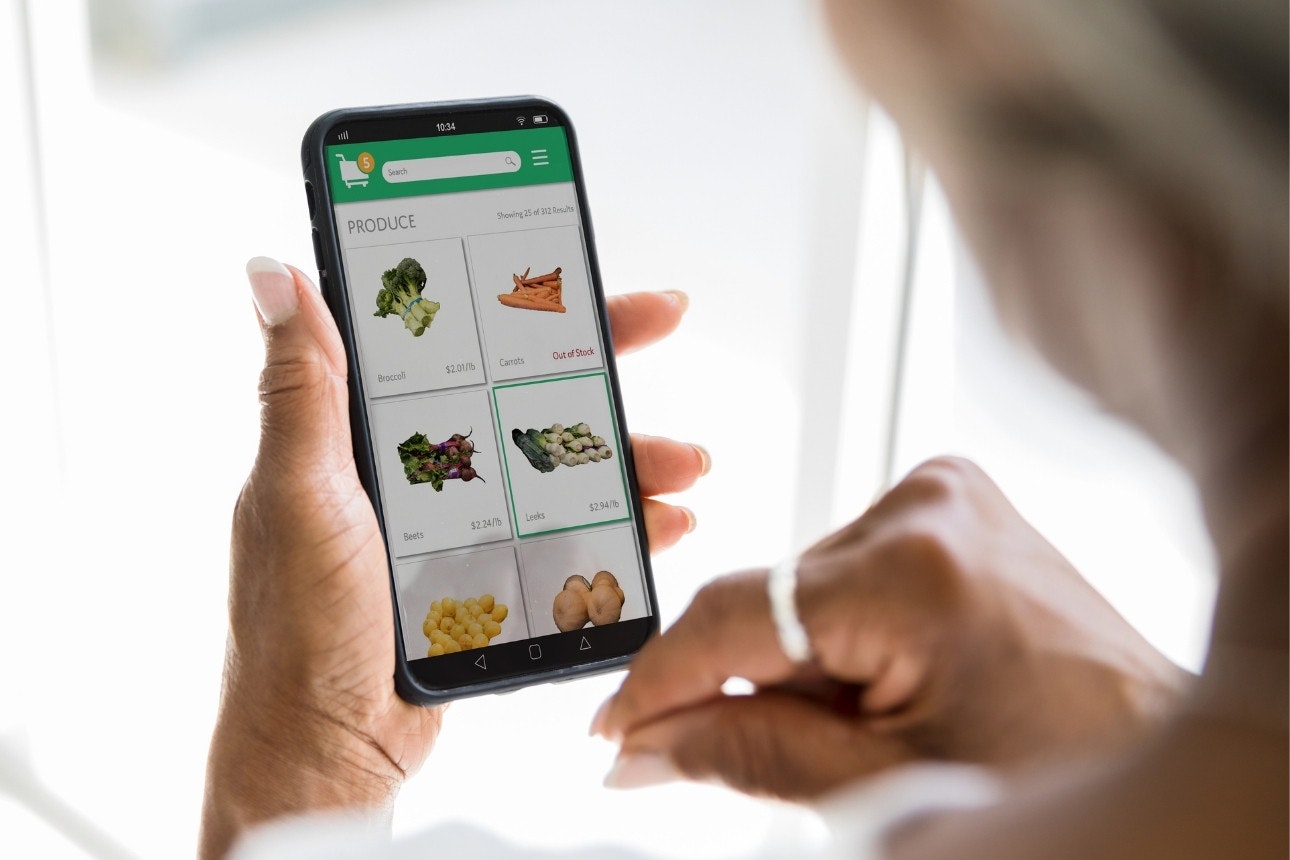
By Belinda Castles
Researcher | Kairangahau
In part one, we published our story What’s the cheapest supermarket? based on an investigation tracking an online basket of 22 grocery items for 8 weeks. In the second part, we use the same data to shine a spotlight on supermarket specials. Are they really saving consumers money?
On this page
- Nothing special about specials
- Special offers
- Pak'nSave ‘extra low’ more expensive than its regular price for 6 weeks
- ‘Extra low’ price increased from $4.49 to $5.29 over 8 weeks at Pak'nSave
- Regular price at PnS is a club or member deal at Woolworths and New World
- Hooked on specials
- Everyday low pricing
- What’s next for ending dodgy supermarket specials?
- About our survey
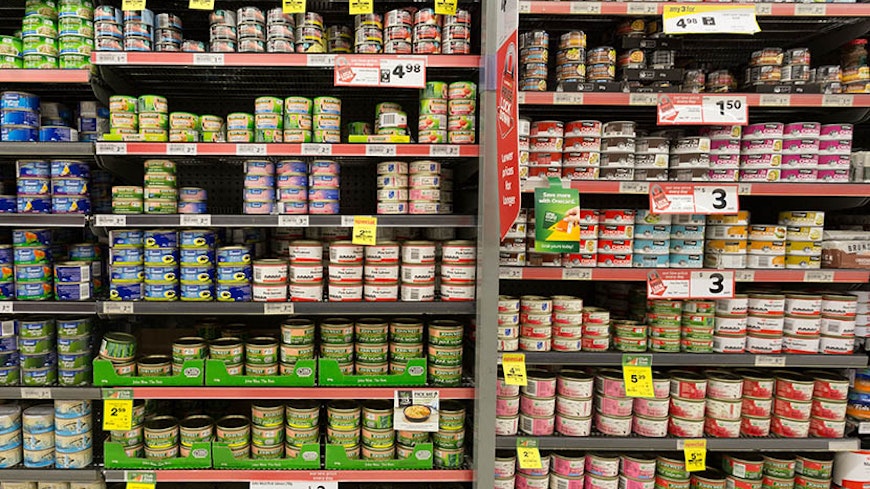
Searching for specials at the supermarket is hard-wired into most of our grocery shopping DNA. It’s not surprising. Whether we’re shopping instore or online, there’s a dizzying array of price tickets promising a bargain buy.
Each supermarket has its own lingo for price promotions.
Pak’nSave shoppers are enticed by “Everyday Low” or “Extra-Low” deals. New World offers “Everyday Low Price” and “Super-Saver” specials. Woolworths shoppers are swayed by “Low Price” and “Special” ticket prices. All three stores offer multi-buy deals, where you get a discount if you buy more than one item.
What’s more, New World and Woolworths’ loyalty programme members can also swipe their cards for “Club Deals” or “Member Prices”.
In a Consumer NZ investigation, we tracked a basket of 22 grocery items for 8 weeks at New World, Pak’nSave and Woolworths stores in Auckland, Wellington and Christchurch. We wanted to find out how often products were on special and whether specials are as “special” as the supermarkets would like us to believe.
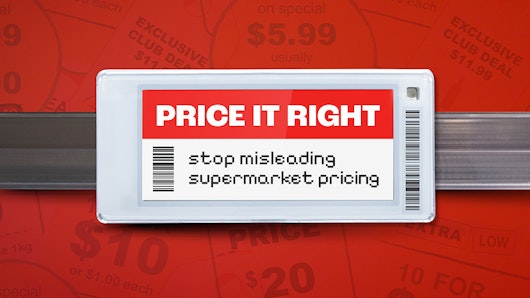
Make supermarkets price it right
Find out about our campaign to tell the government we need clear rules, stronger penalties and automatic compensation for shoppers.
Nothing special about specials
Many items in our basket were routinely on special during the 8 weeks we tracked prices.
At Woolworths, 15 of the 22 products were on special four or more times in each region. At New World Bishopdale in Christchurch, 17 items were on sale four or more times.
Pak’nSave’s specials varied more between stores. At Pak’nSave Papanui in Christchurch most of the products (19) were on special half the time or more. But in the Wellington and Auckland Pak’nSave stores we surveyed, only five (Wellington) or six (Auckland) products were routinely on special. Despite this, Pak’nSave was still the cheapest supermarket in these regions.
While genuine price promotions are good for your weekly budget, we found some specials aren’t delivering the savings the supermarkets are trying to convince us about.
Take Fresh’n Fruity Yoghurt. At Pak’nSave Papanui, this product was an “Extra-Low” price every week during our 8-week survey. It was the same deal with MeadowFresh Blue Top Milk 2L.
At Pak’nSave Lower Hutt shoppers could nab an “Extra-Low” price for Wattie’s Canned Tomatoes for 7 out of 8 weeks.
We think Pak’nSave should be calling these prices “Everyday Low Prices”, so shoppers aren’t misled that the price is for a limited time.
Our investigation also found that one supermarket’s special can be another store’s regular price.
For example, at New World Hutt City, Palmolive Dishwashing Liquid had a “Super-Saver” price of $2.79 and a “Club Deal” price of $2.99. But at Pak’nSave Lower Hutt, the regular price ranged from $2.39 to $2.99, with no special applied.
At Pak’nSave Mt Albert, the regular price of a can of baked beans is $1.99. But that’s the “Club Deal” or “Member Price” at the other two Auckland supermarkets we surveyed. The only time we nabbed a better deal at New World Mt Roskill or Woolworths Mt Eden was if we purchased baked beans on a multi-buy deal.
Foodstuffs said: Foodstuffs supermarkets are individually owned and operated and have the autonomy to set their own prices, so price and promotion can vary from store to store, even within the same brand.
Our store owners use a variety of measures to set their in-store pricing. It’s not uncommon or misleading for one store’s promotional pricing to be similar to another store’s regular pricing.
Special offers
You might think you’re getting a bargain with these special offers. But one supermarket’s special can be another store’s regular price.
Pak'nSave ‘extra low’ more expensive than its regular price for 6 weeks
Palmolive Dishwashing Liquid 500ml
‘Extra low’ price increased from $4.49 to $5.29 over 8 weeks at Pak'nSave
Fresh’n Fruity Yoghurt 1kg
Regular price at PnS is a club or member deal at Woolworths and New World
Watties Baked Beans 420g
Hooked on specials
The frequent use of sales promotions in New Zealand supermarkets came as no surprise to Bodo Lang, professor of marketing analytics at Massey University.
“Academic research has shown that consumers are easily manipulated in a retail environment, particularly in a highly complex environment like a supermarket where there’s tens of thousands of items vying for shoppers’ attention. This research has shown that consumers respond very strongly to any indication of a special price – even putting a red border on a price tag without the price being lower can manipulate their perception of the price being normal.”
Professor Lang said, as a result, anything that resembles a sales promotion generally generates much greater sales for the brand being promoted, regardless of whether the price is lower or not.
“While there are legitimate reasons for supermarket sales promotions, such as passing on lower seasonal prices, the excessive use of sales promotions makes it difficult to know what the usual price of a product typically is and what’s a genuine sale price,” said Lang.
According to the Grocery Commissioner’s 2024 First Annual Grocery Report, the supermarkets use pricing that makes it hard for consumers to accurately assess the value of competing offers.
The report also states that when it’s difficult to compare offers, consumers may make less-informed purchasing decisions and be less likely to shop around, which can reduce price competition. As a nation, New Zealanders are spending more on products on promotion than consumers in comparable countries, such as Australia, Britain, Germany and France.
Last year, Consumer lodged a complaint with the Commerce Commission about misleading supermarket pricing and promotions. We received over 600 alleged examples during our 9-month campaign to end dodgy specials at the supermarket. Examples included “specials” that cost more than the regular price, multi-buy deals where it was cheaper to buy the product individually, and shelf pricing that didn’t match the checkout price.
Everyday low pricing
Professor Lang was surprised by our research, which showed how frequently some products are promoted as on special. He told us if a product is on special 4 to 5 weeks out of 8 that should not qualify as a special price.
The Commerce Commission advice is advertising “specials” must be offering something genuinely special, such as genuinely lower prices, or they risk misleading consumers.
However, Lang said there are several solutions for tackling the confusing landscape of supermarket specials.
“Having everyday low pricing is the most obvious one. Limiting the number of times a product can be on special and establishing a true reference retail price for products could also be useful. This could be achieved through an app that scrapes supermarket prices to determine what the long-term regular price of a product should be,” said Lang.
The Grocery Commissioner’s report also supports an everyday pricing model that benefits consumers and ensure they are confident they are getting a genuinely good price. This model would be based on providing a constant price for products for an extended period, as opposed to cycling between discounted and non-discounted prices.
During the Commerce Commission’s Retail Grocery Market Study, published in 2022, supermarkets told the Commission they planned to increase the emphasis on everyday low pricing. We found examples of this with Pak’nSave and New World’s “Everyday Low Price”.
However, the Grocery Commissioner’s report found there hasn’t been a store-wide shift. Instead, stores have introduced price freeze schemes and long-term discount promotions, such as Woolworths’ “Low Price” promotion.
What’s next for ending dodgy supermarket specials?
Consumer has said for years that there are significant issues with the state of the supermarket sector in New Zealand.
While we’re pleased the Grocery Commissioner’s first annual report highlighted the major issues, we’re disappointed about the lack of improvement since the Retail Grocery Market Study was released in 2022.
There’s a lot that needs to change and we’ll continue to advocate in this space, including campaigning to end dodgy pricing specials. If you find any misleading or confusing specials at your local store, email us the details at [email protected]
About our survey
We tracked the online price of 22 products for 8 weeks. Our survey took place every Wednesday from 17 July to 4 September 2024.
As well as food and drink, cleaning products were also on our shopping list. We didn’t include fresh meat or produce because for a fair comparison we’d need to consider quality. Wine and beer were also excluded.
We didn’t include “Everyday Low Prices” as specials. However, consumers might get the impressions these are special prices rather than products that stay at a consistently low price.
